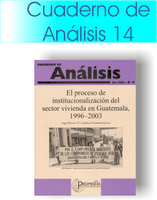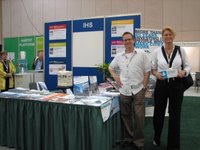
Earlier this year I was in Vietnam working on capacity building for local government concerning participatory planning and reviewing a new curriculum for planners education at undergraduate level. The issue arising is the increasing demands, especially with the additional challenge of climate change in a major delta area. At the same time there is no more time for study - so what goes out and what comes in? The need to be able to innovate and adapt to change becomes a vital area. The importance of ethics is also increasing in importance as planners often have to mediate between public interest and the pressures of the market.
I have just been to the World Habitat Day celebrations in Brussels. The focus was on urban planning - the theme that UN-HABITAT is promoting in its state of cities report - which is available for download in its abridged form - a welcome initative. The key word coming up is integration, in particular integration with preventative measures linked to climate change and disaster management. I agree, but a major issue is that capacity is already limited to do the often ineffective planning that is a weak response to a vital issue - managing fast growing cities with increasing informality.
The Brussels meeting was hot on the heals of the N-Aerus conference on Open Cities held at IHS in Rotterdam. Again the scale of the challenge was highlighted in terms of growing difference in access to services, made worse with gated communities in countries as diverse as Brazil and Egypt.
The challenge is not just to add additional tasks to often weak organizations, but to radically rethink the work that should be done and also to get rid of the barriers that stop effective action. Many enthusiastic young planners become disillusioned because of work place inertia, lack of politica and manageral support and often also corruption. Add in poor pay levels and it is not surprising that some of potentially the most significant tasks are being done poorly or not at all. We need to find ways to better tap into human energies and potentials that we build and not to allow them to be sapped away.
 This blog has been dormant for some time, but the subject keeps its importance.
This blog has been dormant for some time, but the subject keeps its importance. 









